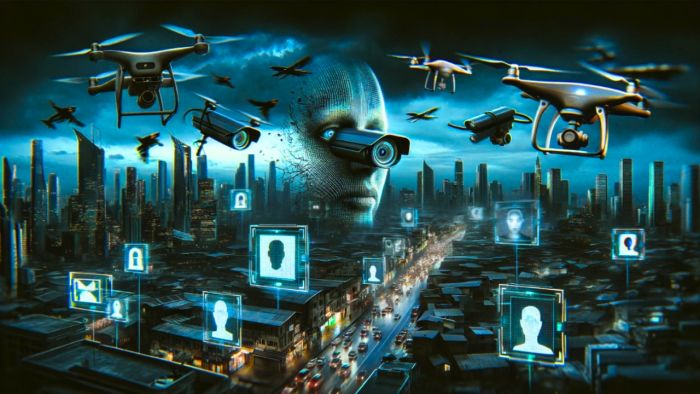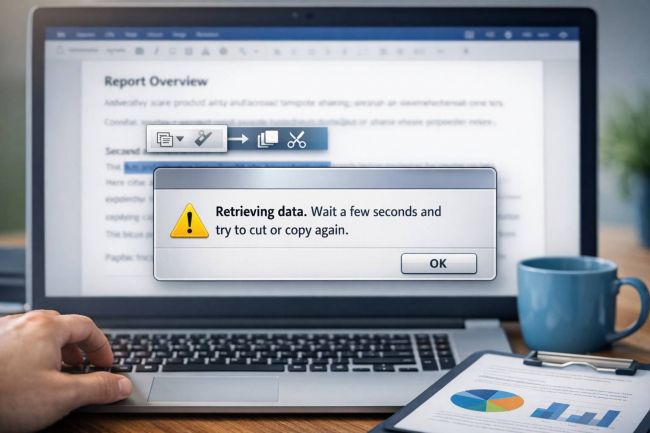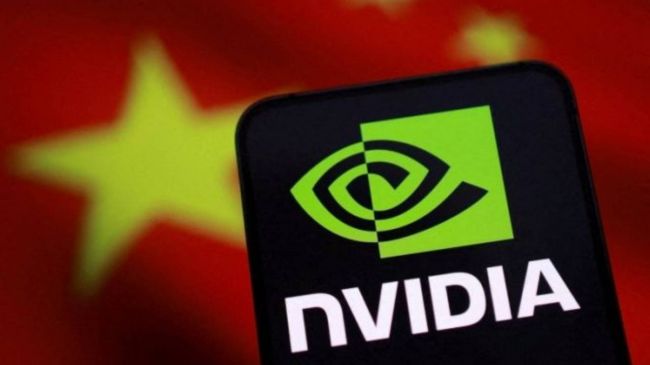On This Page
- Privacy in an AI Era: How Do We Protect Our Personal Lives?
- The Death of Anonymity: How Biometric Technology Is Accelerating It
- Anonymity in the AI Era: Can It Survive?
- How Is AI Violating Privacy Today?
- End-to-End PET Adoption and Regulatory Updates
- Surveillance, AI, and the Psychological Cost of Constant Watch
- Will AI Destroy Privacy, or Will We Adapt?
- AI Knows You-But Do You Still Own Your Privacy?
Have you ever wondered how much of your life is truly private? Every search, purchase, and location ping leaves behind a trail. In the past, anonymity was the default. Today, with the rise of Privacy in an AI Era, anonymity is quickly disappearing.
Artificial intelligence (AI), paired with surveillance technologies, has transformed privacy into a rare commodity. The real question is no longer if anonymity will vanish, but how fast it’s eroding and whether we can protect what remains.
Privacy in an AI Era: How Do We Protect Our Personal Lives?
Current concerns driven by AI are everywhere. Governments deploy facial recognition at scale, while corporations harvest data to fuel targeted advertising. At the same time, the impact of artificial intelligence on data privacy and security has introduced new challenges we never imagined ten years ago.
AI is already capable of linking “anonymous” accounts across platforms by analyzing writing style, browsing patterns, and even metadata. A discussion on Reddit’s privacy forum highlights how quickly online anonymity is collapsing. Even when users take steps to hide their identity, algorithms can piece together fragments to build a complete profile.
This raises the ethical dilemma: Will AI destroy privacy altogether, or will society fight back with new tools and regulations?
The Death of Anonymity: How Biometric Technology Is Accelerating It
In the past, blending into a crowd was easy. Today, loss of anonymity in public spaces is almost guaranteed. Cameras in major cities no longer just record; they identify.
- Facial recognition systems track billions of people daily. In China, Skynet claims to monitor 99% of the urban population.
- Gait recognition can identify individuals by how they walk, even when wearing masks, with up to 95% accuracy.
- Voiceprint recognition can log you every time you speak to a smart device or call customer support.
Biometric data doesn’t just confirm identity; it eliminates the ability to remain invisible. The loss of control over how personal information is collected and used fuels growing data security risks worldwide.
Anonymity in the AI Era: Can It Survive?
The deeper we dive into Privacy in the Age of AI ethical issues, the clearer it becomes that anonymity may not survive in its current form. Every device we carry generates location pings. Every platform builds psychological profiles. AI doesn’t just see what you do; it anticipates what you will do.
This predictive surveillance model is why some argue that “AI knows you better than you know yourself.” It blurs the line between security and control, forcing us to ask: Is the human right to privacy still possible in a surveillance world?

How Is AI Violating Privacy Today?
- Cross-platform tracking: AI systems link user behavior across social media accounts, even if different usernames are used.
- Behavioral prediction: Algorithms flag people as potential risks based on travel history or online searches.
- Workplace monitoring: Employers use AI to track productivity, keystrokes, and even emotional tone in emails.
These practices create an environment where the loss of anonymity feels inevitable, and privacy becomes a luxury rather than a right.
End-to-End PET Adoption and Regulatory Updates
If surveillance is expanding, can privacy-enhancing technologies (PETs) offer a way back? The adoption of end-to-end encryption is already widespread in apps like WhatsApp and Signal, yet many governments push for “backdoors” that compromise security.
Meanwhile, regulatory updates such as GDPR in Europe and CCPA in California attempt to give individuals more control. But laws move more slowly than technology. The next frontier may be zero-knowledge proofs and blockchain-based identity systems, which could let users prove who they are without revealing private data.
Still, the balance between innovation and regulation remains fragile. Every step toward privacy meets resistance from those who profit from surveillance.
Surveillance, AI, and the Psychological Cost of Constant Watch
Living under constant surveillance isn’t just a technical issue; it reshapes human behavior. Studies show people are less likely to search sensitive political topics when they believe they’re being monitored. This “Panopticon effect” reduces free thought and expression.
When privacy disappears, society doesn’t just lose anonymity; it loses creativity, diversity, and risk-taking. That’s why the debate around Privacy in an AI Era is about more than data. It’s about human freedom itself.
Will AI Destroy Privacy, or Will We Adapt?
There are three possible futures:
- Total surveillance state – AI and governments merge to track every move.
- Privacy as a luxury – Only the wealthy can afford anonymity.
- Decentralized resistance – Public demand for privacy fuels mass adoption of encryption, PETs, and stronger regulations.
Which path we take depends on collective action. If people continue prioritizing convenience, the death of anonymity is inevitable. But if society treats privacy as a human right, then anonymity can still survive, though in a new, more technologically advanced form.
AI Knows You-But Do You Still Own Your Privacy?
We are living in an age where AI can connect the dots faster than we can delete them. From biometric tracking to online profiling, the impact of artificial intelligence on data privacy and security has redefined what it means to be human in a digital world.
The question is no longer just “How is AI violating privacy?” It’s whether we will allow the loss of control to continue, or whether we’ll push back with laws, tools, and awareness.
Anonymity is dying. But it’s not yet dead. The real decision lies with us: Will we let AI destroy privacy, or will we reclaim it as a fundamental right in the surveillance era?
Post Comment
Be the first to post comment!





